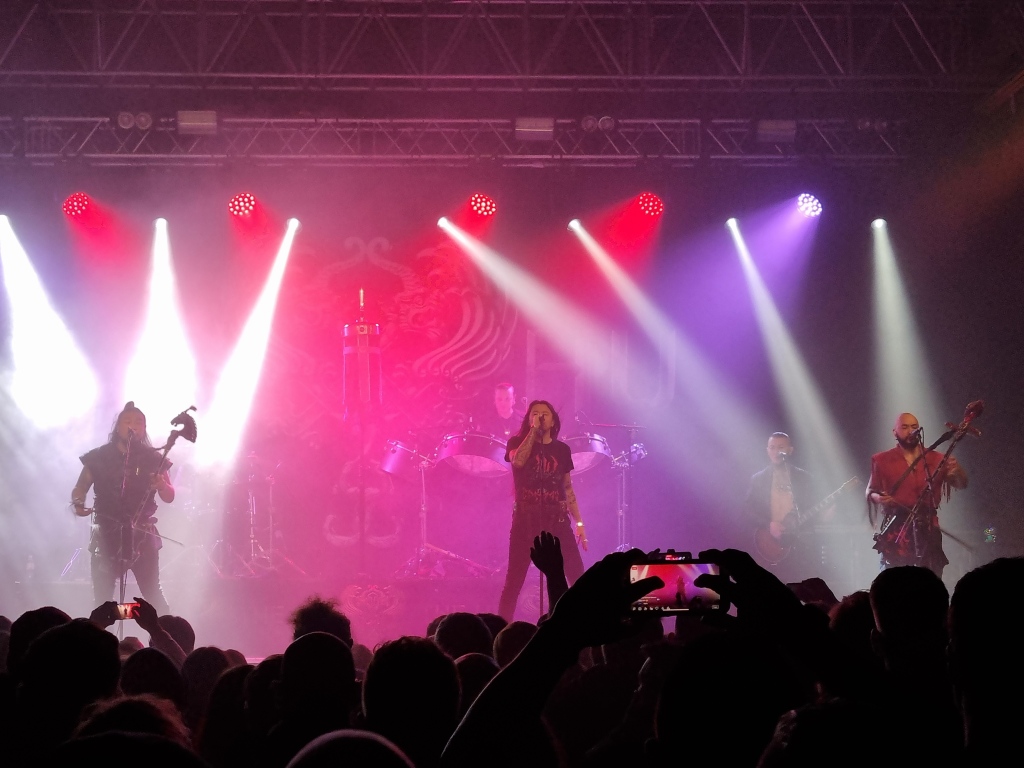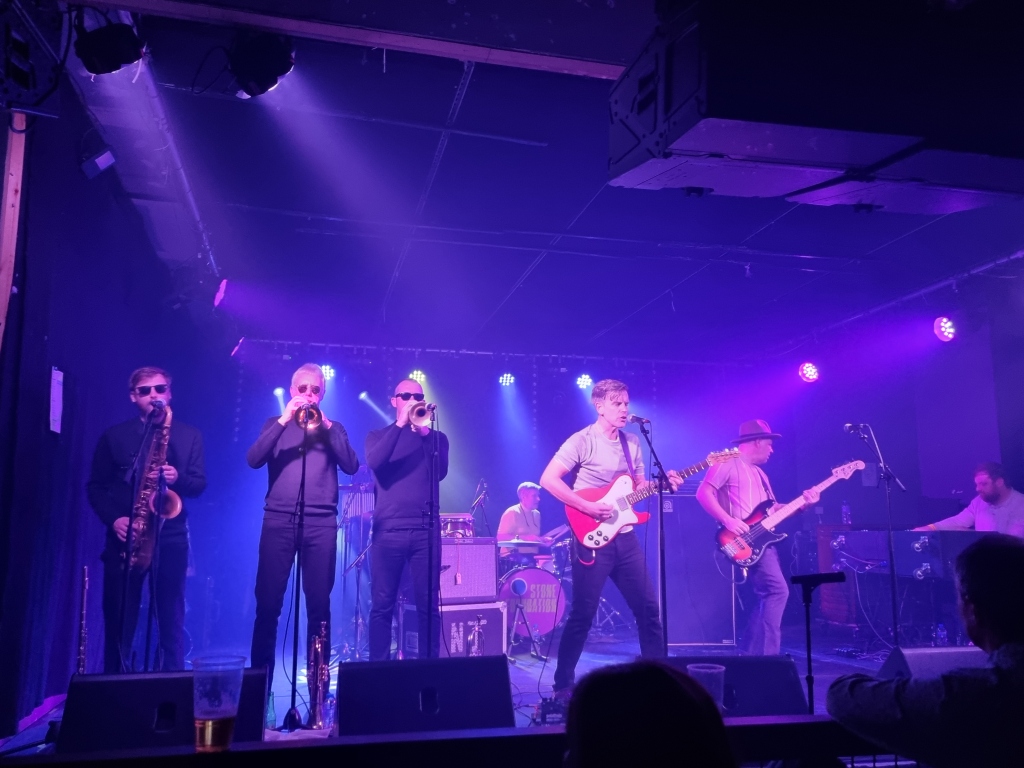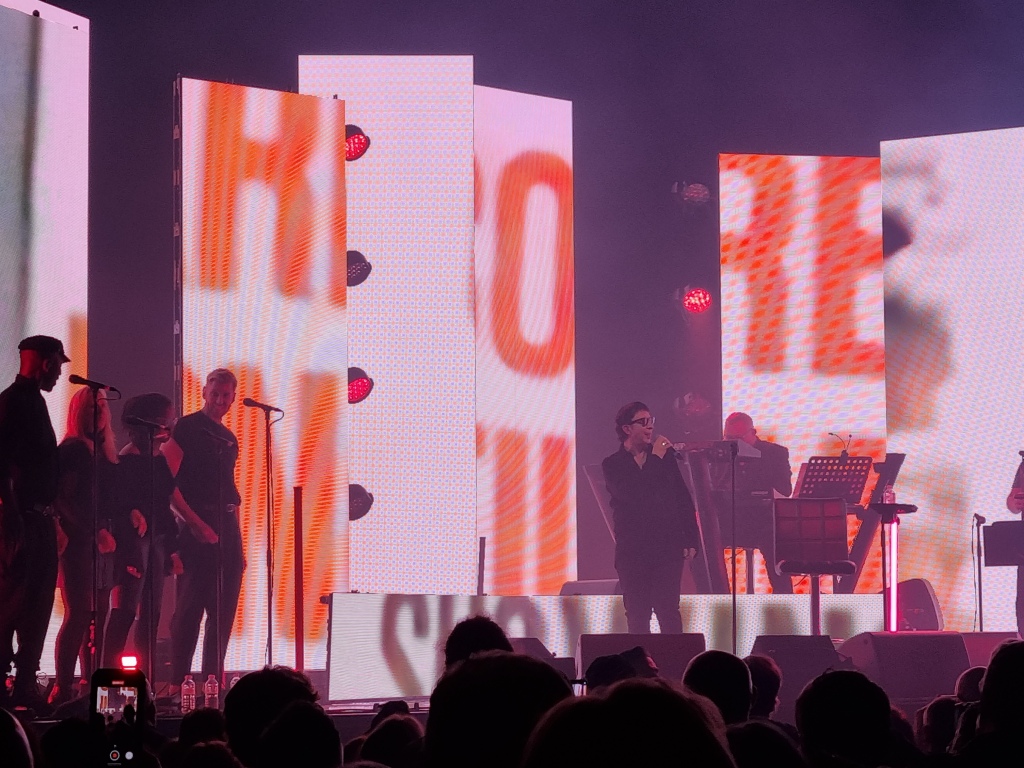Here’s my favorite music from 2022:
Gigs in 2022
Sparks at Barrowlands, Glasgow:

Peaches at Galvanizers SWG3, Glasgow:

Pixies at O2 Academy (Corn Exchange), Edinburgh:

The Cure at Hydro, Glasgow:

The Hu at Galvanizers SWG3, Glasgow:

Here’s my favorite music from 2022:
Sparks at Barrowlands, Glasgow:

Peaches at Galvanizers SWG3, Glasgow:

Pixies at O2 Academy (Corn Exchange), Edinburgh:

The Cure at Hydro, Glasgow:

The Hu at Galvanizers SWG3, Glasgow:

Another year without blogging but working hard at the day job! Here’s 2 playlists:
The Stone Foundation at La Belle Angele, Edinburgh:

Soft Cell at the O2 Academy, Glasgow:

I got a new job at the start of 2020 which meant I had to pause posts on this blog. I kept up with Spotify playlisting however: here are 3 that sum at that year.